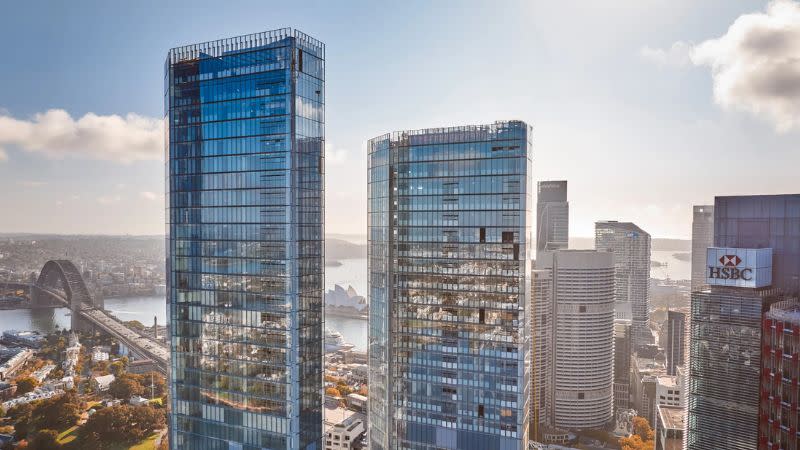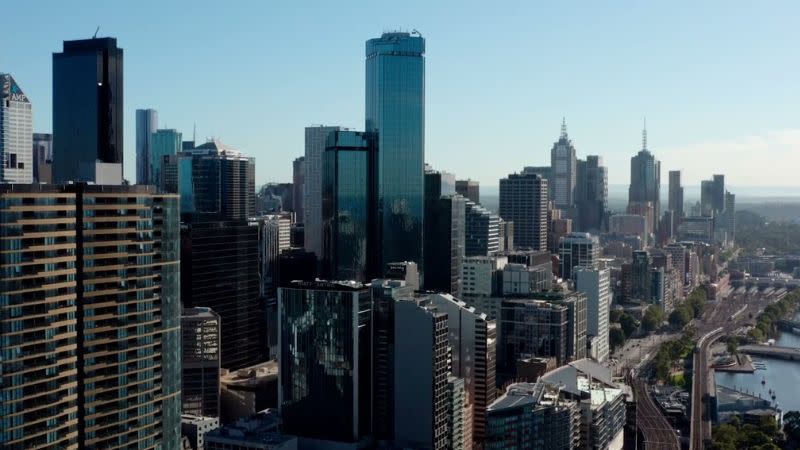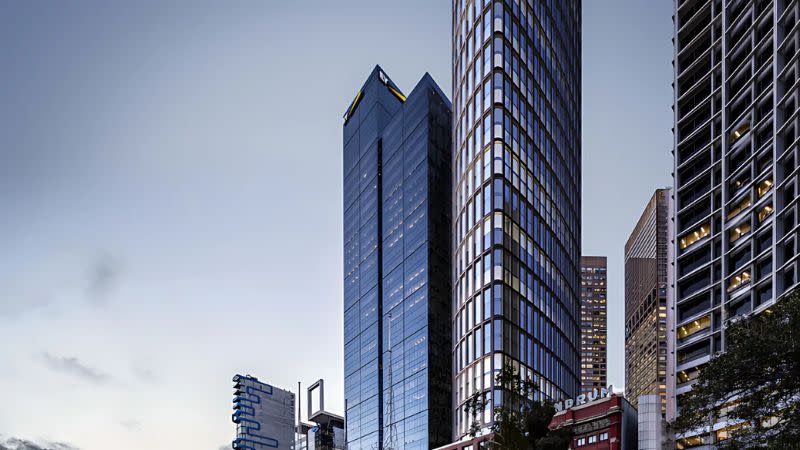
“Recycling” is the aim of the game this reporting season as Mirvac, Lendlease and GPT slim their portfolios and rework their strategies.
Offloading non-core assets and revamping business operations was a major theme of their reports, as diversification into living sector categories such as build-to-rent provided optimism.
Lendlease had come out the other side of an expensive restructure and “refreshed” strategy, it told the ASX in its half-year results.
The group reported a statutory profit after tax of $48 million to December 2024, an improvement on the $136-million loss in the prior corresponding period following redundancy-related restructuring costs.
It has also not been immune to the difficult borrowing environment as net finance costs increased 77 per cent to $136 million due to higher average net debt and cost of debt for the period.
Debt increased for the six months to December to $3.8 billion, up from $3.2 billion at its previous full year end.
However, it said there was a “passage to de-leverage the balance sheet” with proceeds of $1.7 billion anticipated from apartment settlements at One Sydney Harbour.

Capital recycling completed or announced totalled $2.2 billion, and it was on track to achieve $2.8 billion in the full year with “a number of transactions under negotiation”, it said.
During the period, the sale of a UK construction business was announced, removing it from the headwinds of international construction markets.
In Australia, it said about $36 billion of new development opportunities had been identified with Lendlease “either one of two parties competing for the project or in negotiations”.
Post-period, Lendlease sold infrastructure fund and developer Capella Capital to Japan’s Sojitz Corporation for $235 million, and offloaded its US Military Housing business for $516 million to an entity managed by Guggenheim Partners Investment Management.
Lendlease said it intended to progress its “capital recycling initiatives”, replenish its Australian development pipeline and further cost-cutting initiatives.
Late last week Mirvac reported a weaker performance, with operating profit for the half year dipping to $236 million compared with $252 million in the first half of the year.
Revenues reached $302 million, down from $342 million in the corresponding period in 2023.
Moody’s Ratings analyst Mariano Ferreyra said Mirvac’s weaker earnings were expected, “driven by lower investment property income from the sale of non-core assets and softer commercial and mixed-used development profits”.
Tenant demand for industrial assets in Sydney had “moderated”, Mirvac said.

However, Mirvac said it had “improved future development earnings visibility”, with sales up 51 per cent to 947 residential lots, and residential pre-sales at $1.9 billion.
It said it had increased its exposure to diverse living sector assets, including the acquisition of build-to-rent asset LIV Aston in Melbourne, which was 66 per cent let and brought Mirvac’s build-to-rent portfolio to 1280 homes, as well as the acquisition of three land lease communities.
Its results “signal the beginning of a market turnaround”, Mirvac said, and especially of “renewed optimism” in the office sector as debt markets flatten and capital market activity returns.
Moody’s said it would get worse before it got better for Mirvac, although new development completions and stronger residential development earnings balanced “moderated” tenant demand for industrial assets
GPT released its annual results to the ASX this week after focusing on “operational improvement and delivery” during the year.
It experienced a “significant lift” in occupancy across its office portfolio and strong retail and logistics performances, it said.
Its only office development under way is 51 Flinders Lane in Melbourne, expected to complete in 2026, but office portfolio occupancy sat at 94.7 per cent, it said.

With $34.1 billion of assets under management, funds from operations reached $616.3 million, up from $600.9 million the year prior.
It made a net loss after tax for the full year of $200.7 million, an improvement on a $240 million loss in 2023.
GPT chief executive Russell Proutt said that it had embarked on a strategy to prioritise the growth of its investment management business “to enhance return on capital”.
He hailed strong initial success after partnering with Perron Group and successfully proposing a modernisation of its Wholesale Shopping Centre Fund assets to investors in November 2024.